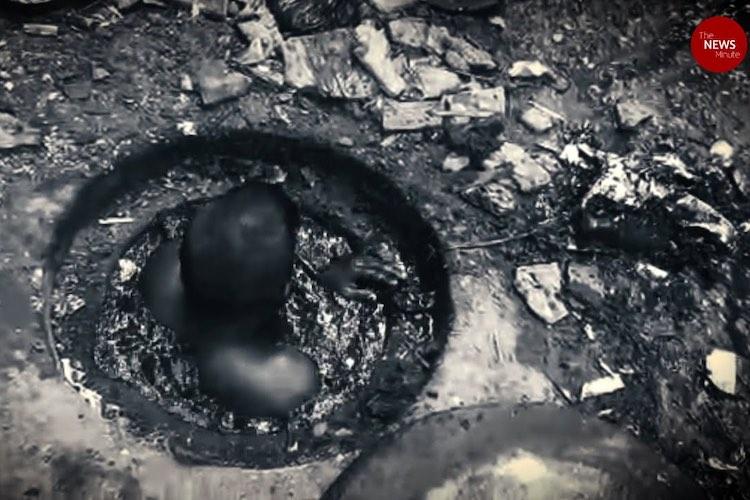Safaimitra Suraksha Challenge: Launched across 243 cities to prevent Hazardous Sewer Cleaning
On November 19, 2020, the Ministry of Housing and Urban Affairs launched the “Safaimitra Suraksha Challenge”. The challenge aims to ensure that no life of septic tank or sewer cleaner is lost during cleaning. The challenge stresses on the fact that safety and dignity of sanitation workers is the core of Swachh Bharat Mission.
About the Challenge
The Challenge was launched on the occasion of World Toilet Day. The results of the challenge are to be announced on independence day. The challenge aims to promote mechanized cleaning. The prizes to the participating cities are to be awarded in three sub categories as follows
- Cities with population more than 10 lakhs.
- Cities with population 3-10 lakhs.
- Cities with population less than 3 lakhs.
Legislation
The Government of India has legislated The Prohibition of Employment as Manual Scavengers and Rehabilitation Act, 2013 to protect manual sewer cleaners. The act aims to prohibit manual entry into a sewer without protective gears. The Key Features of the Act are as follows
- To prohibit construction or maintenance of insanitary toilets
- To prohibit persons employed in hazardous cleaning
- To prohibit employment of an individual as a manual scavenger.
Manual Scavenging in India
Manual Scavenging has been prohibited in India according to Ministry of Social Justice. Manual scavenging is the practice of cleaning or handling human excreta from sewers. They are the most disadvantaged and poorest communities in India.
Supreme Court on Manual Scavenging
The Supreme Court of India, in 2014, made it mandatory to provide Rs 10 lakhs as compensation to the families of those who have died during sewerage works.
GoI measure to prevent Manual Scavenging
The Central Government is currently demolishing insanitary latrines. The insanitary latrines are being converted into sanitary latrines. Also, it provides rehabilitation package to the manual scavengers. It includes access to education for children of former manual scavengers, alternate livelihood and other skill development programmes.
Month: Current Affairs - November, 2020


